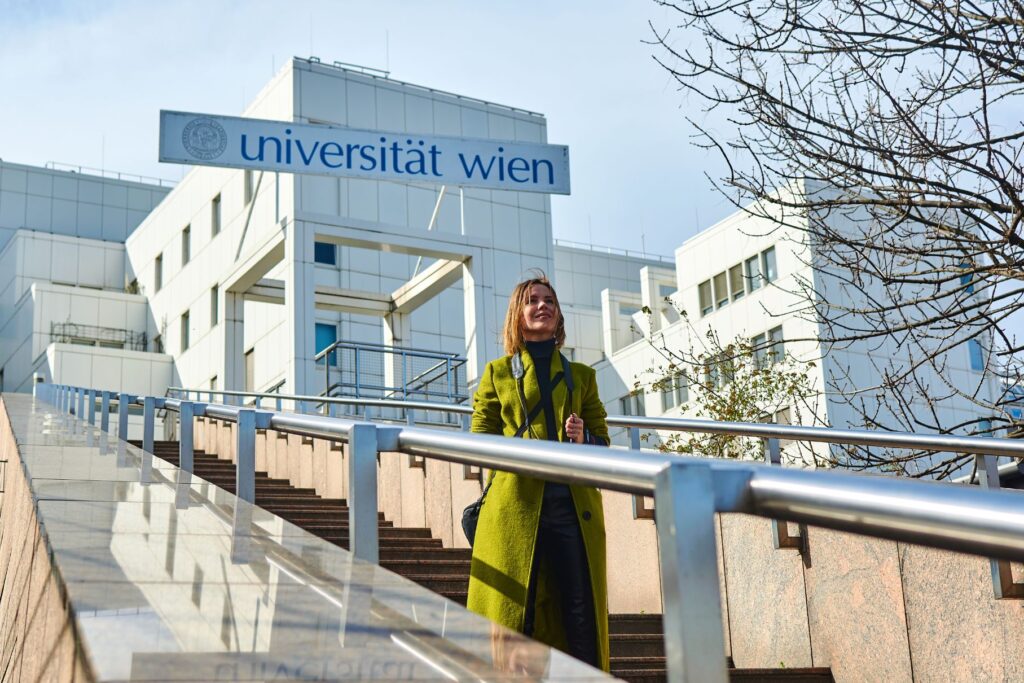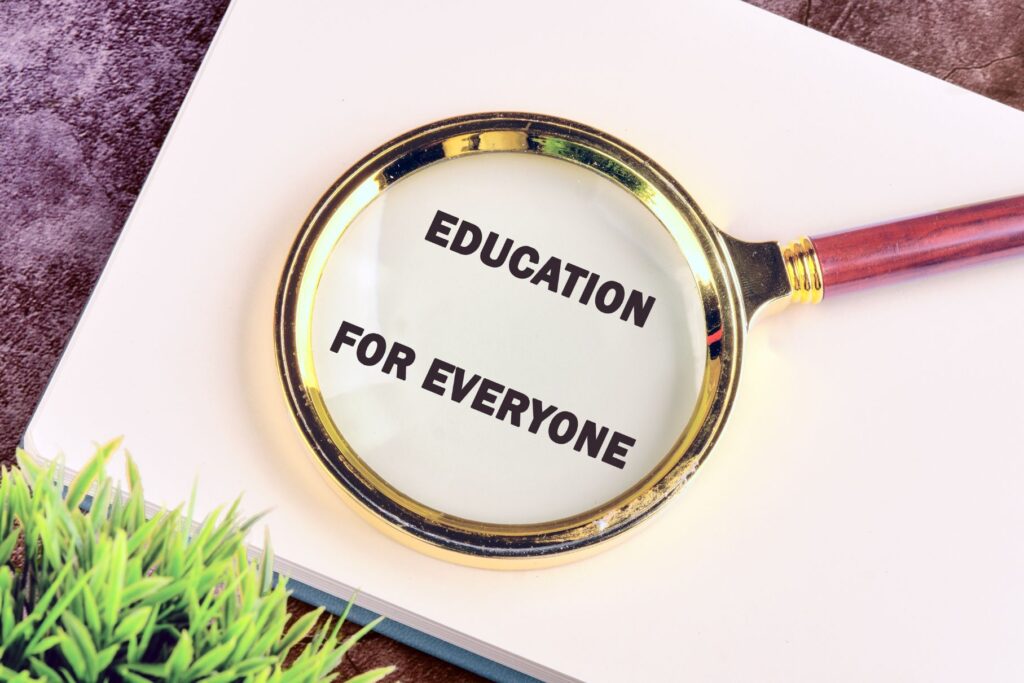Austria stands out with its strong educational infrastructure and offers quality education for children. Public schools are free of charge, making it the most preferred educational institution for families. Education in Austria supports children from an early age and offers a variety of opportunities for all age groups. It is not only limited to the transfer of academic knowledge, but also offers a process that supports the individual development of students. By providing students with a quality education, Austria prepares them for a strong future both academically and in terms of social skills.


In Austria, pre-school education plays an important role in giving children a healthy start to their education. Municipal kindergartens are free of charge and children usually attend them from the age of 3. This helps parents to better balance work and private life. In addition, with an 80% subsidy from the state, private kindergartens are also accessible to families. In this way, Austria guarantees that children receive a quality education from an early age.

Education in Austria starts with compulsory primary school education at the age of 6 and continues for 9 years. After 4 years of basic education, primary education leads students to secondary school. In secondary school, students can choose between different programs that lead to academic or vocational skills.
In high school, students tend to attend Gymnasium schools, where they can receive a more academic education, while vocational schools are also quite common. These schools allow students to make a faster transition to the labor market. The Austrian education system provides not only academic knowledge but also practical skills, giving students a solid foundation for their future careers.

Austria has a well-established system of higher education and its universities are respected worldwide. Universities in major cities such as Vienna, Innsbruck and Salzburg offer attractive study opportunities for both local and international students.
Public universities in Austria are characterized by low tuition fees and are among the most affordable higher education options in Europe. This makes Austria an attractive choice for international students wishing to study in Austria. Universities offer not only academic education, but also cultural and social activities to provide students with a comprehensive development opportunity.

Austria is also very comprehensive in terms of foreign language teaching. The demand for foreign languages such as English is increasing, especially in the big cities. Many schools and universities offer various foreign language programs to give students the language skills to compete internationally. This makes Austria an ideal country for students who want to learn languages and pursue an international career.

Austria aims to ensure equal opportunities in education and offers great support to families. In pre-school education, municipal kindergartens are free of charge. In addition, the state provides all the necessary equipment for children to start their education. In this way, every student who wants to study in Austria can take firm steps towards their future with the support they need.

In Austria, pre-school education plays an important role in giving children a healthy start to their education. Municipal kindergartens are free of charge and children usually attend them from the age of 3. This helps parents to better balance work and private life. In addition, with an 80% subsidy from the state, private kindergartens are also accessible to families. In this way, Austria guarantees that children receive a quality education from an early age.

Education in Austria starts with compulsory primary school education at the age of 6 and continues for 9 years. After 4 years of basic education, primary education leads students to secondary school. In secondary school, students can choose between different programs that lead to academic or vocational skills.
In high school, students tend to attend Gymnasium schools, where they can receive a more academic education, while vocational schools are also quite common. These schools allow students to make a faster transition to the labor market. The Austrian education system provides not only academic knowledge but also practical skills, giving students a solid foundation for their future careers.

Austria has a well-established system of higher education and its universities are respected worldwide. Universities in major cities such as Vienna, Innsbruck and Salzburg offer attractive study opportunities for both local and international students.
Public universities in Austria are characterized by low tuition fees and are among the most affordable higher education options in Europe. This makes Austria an attractive choice for international students wishing to study in Austria. Universities offer not only academic education, but also cultural and social activities to provide students with a comprehensive development opportunity.

Austria is also very comprehensive in terms of foreign language teaching. The demand for foreign languages such as English is increasing, especially in the big cities. Many schools and universities offer various foreign language programs to give students the language skills to compete internationally. This makes Austria an ideal country for students who want to learn languages and pursue an international career.

Austria aims to ensure equal opportunities in education and offers great support to families. In pre-school education, municipal kindergartens are free of charge. In addition, the state provides all the necessary equipment for children to start their education. In this way, every student who wants to study in Austria can take firm steps towards their future with the support they need.